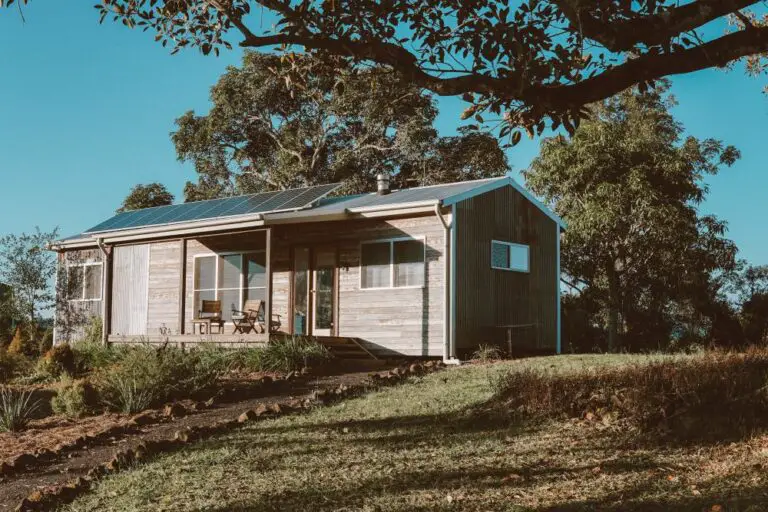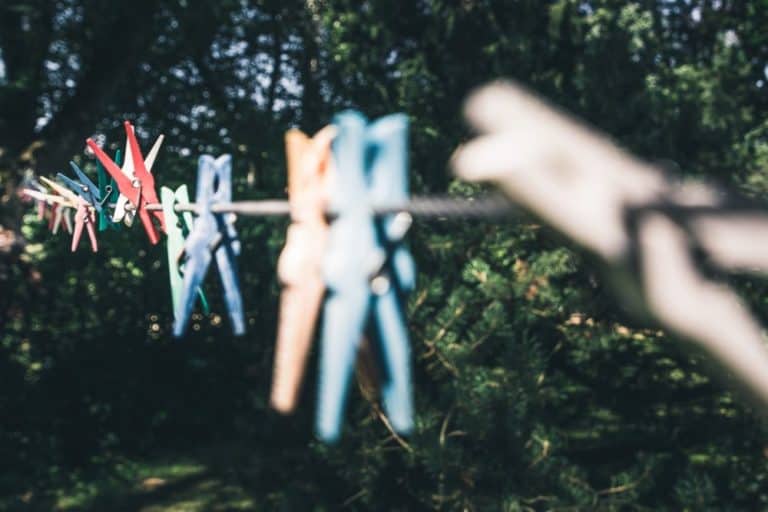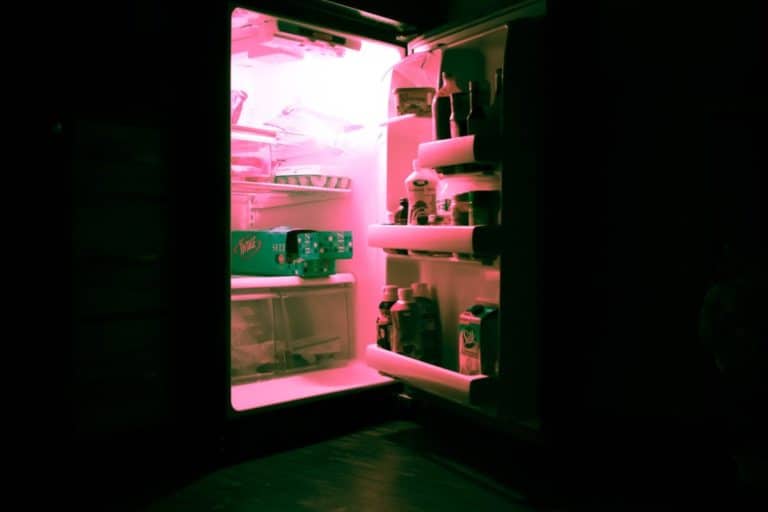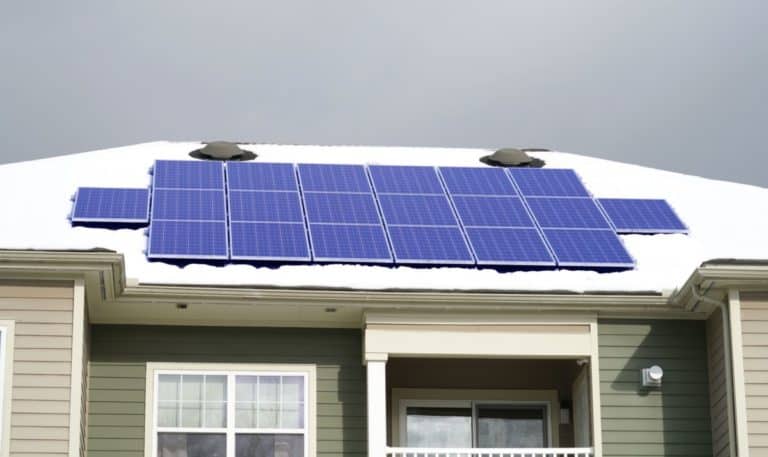Off-grid Living In Missouri: Is It Possible?
For those who want to live off the grid, sometimes the most challenging part is finding the right place to call home. Between climate, codes, and legislation, you have to wonder if it’s legal or feasible. Flyover states like Missouri seem intriguing, but can you really live off the grid?
Missouri is a great place to live off-grid. Most counties allow residences to operate disconnected from standard utilities. Moreover, the climate provides ample sunshine for solar power generation, sufficient rainfall for rainwater harvesting.
Let’s take a closer look at why living off-grid in Missouri is not just legal and feasible but is also a great place for your off-grid home.
Table of Contents
Does Missouri Let People Live Off the grid?

Missouri is a great place to live off-grid. Many counties in the state have no restrictions against residences staying off the grid. In these areas, you can draw or collect your own water and generate your own power through solar or wind.
As with anywhere else in the United States, you have to make sure your off-grid systems still meet the requirements of the city or county’s local building and zoning codes. These codes aren’t meant to prevent you from living off-grid. Instead, the intention is to make sure your alternative power sources and appliances are safe for you and any neighbors nearby.
There are even some places that have no requirements for building permits. This means that you can build your home, barn, or other structures on your property without getting a permit. However, if you want to install a well or a septic system, you may still have to get a state permit. This permit may require you to provide the design for your system before they’ll give you the permit and allow you to install it.
Off Grid Grandpa even describes how Missouri has incentives for renewable energy systems, such as solar and wind, to help residents live off-grid sustainably. There is a large community of off-grid enthusiasts, as the Post Crescent covered in a recent story. Due to the relaxed building codes and low land cost, many ecologically minded people have flocked to Missouri to realize their off-grid living dreams.
You may also be interested to read: Is it legal to disconnect your home from the electricity grid?
How Much Solar Power Can You Get In Missouri?
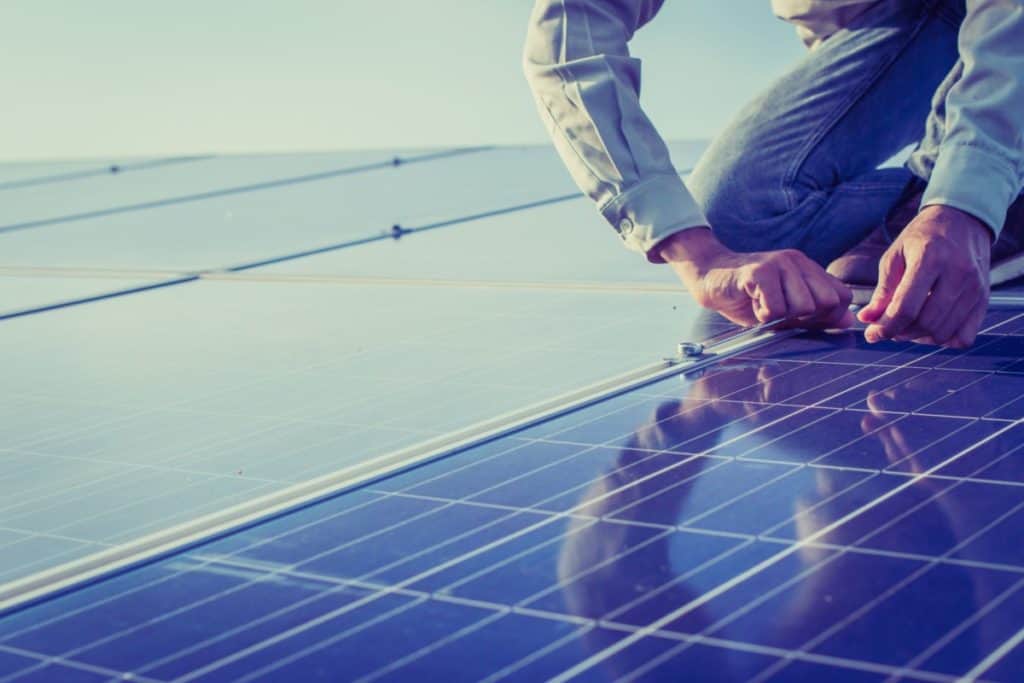
When living off-grid, you need to use a renewable energy source for your electricity. Many people find solar to be the most straightforward system to install. How much solar power you can generate depends on the weather and climate.
NREL’s PVWatts calculator can help homeowners understand how much energy they can generate for the home annually. The amount of energy depends on how many solar panels you can install and how efficient they are. For example, with a 4 KW array, you may generate 342 kWh in January, but up to 582 kWh in May.
More power is generated on sunny days than cloudy days. Missouri averages between 56-60% sunshine yearly, depending on your location. Currentresults.com says that places like Columbia get 104 sunny days a year, 91 partially sunny days, for a total of 195 days, out of 365.
Due to inclement weather in Missouri during the winter, consider installing a large battery system as well. By generating power on sunny days, you may be able to store energy when snow or rain keeps your panels from generating enough energy. You can also consider a backup propane or diesel generator.
Some of the incentives to install solar include a tax incentive, which prevents your property taxes from increasing over time. Other utility incentives may require you to be connected to the utility to receive the rebates, which would mean you wouldn’t be completely off the grid. Some places, like Energysage, have marketplaces to help homeowners in Missouri purchase panels for lower costs.
If you’re thinking of installing solar panels, check out: How many solar panels do I need to run my home off-grid?
How Much Rainwater Can You Collect in Missouri?

Another aspect of living off-grid includes developing a system of potable drinking water. Some may consider installing a well system for their home. On the citydata.com forum, many off-grid enthusiasts debate the pros and cons of installing a well versus collecting rainwater.
Collecting rainwater for drinking water can be very simple. Most rainwater collection systems collect rainwater running off a roof, where it drains into a rain barrel. Like sun for solar power, some months may see more rain than others. For example, USclimatedata.com says Carthage, Missouri, receives about 5.24 inches in September, but only 1.54 inches in January.
To figure out how much water you can collect, you have to multiply the average rainfall by the collection area’s total size. If you get 1.54 inches of rain across a roof that’s 1000 square feet, you’re likely to collect 128 cubic feet of water. That’s almost 960 gallons!
Related reading: How to get an off-grid water supply without a well.
Consider installing a large holding tank to collect rainwater for your property. If you have a lot of water needs, such as providing water for livestock or watering your garden, you may need to hold a lot of that water in between rainstorms. Much of the water will come all at once, such as in a thunderstorm, but then you won’t see rain again for several days to weeks.
When collecting rainwater for drinking water, consider purchasing and installing filters on your system for the portion you drink. Warm summers in Missouri could cause algae and bacteria to grow in your collector. Reverse osmosis and UV filters can remove potentially harmful bacteria and sediments from your collection surface.
You may also like to check out: 8 ways to purify water for your off-grid home.
Growing Food and Raising Livestock in Missouri

To truly live off-grid, you may want to grow your own food or raise your own livestock.
Throughout the state of Missouri, you can expect to see below-freezing temperatures throughout the winter. Northern Missouri has a shorter growing season than Southern Missouri. The average first frost is typically in October, while the last frost is typical in April.
The Missouri Extension provides recommendations on the first planting dates for many types of crops. Due to the unpredictability of the weather in Missouri, you may have cold weather snaps well into May, or as early as September.
Missouri typically has decent soil but may be clay heavy. Clay soils can prevent your plants from growing deep roots, which prevents them from thriving. You may need to amend your soil with organic matter. Since the clay soil is difficult to work with, you may find working the ground for your garden difficult for the first year, until you loosen and amend the soil.
Many parts of Missouri are agriculturally rich. If you want to raise livestock, you have to provide clean, sufficient shelter for your animals. The Missouri Department of Agriculture reserves the right to inspect premises with livestock to ensure certain standards are upheld. However, if you treat your animals humanely, you shouldn’t run into issues.
Related reading: How to keep chickens.
Conclusion
Living off-grid in Missouri is perfectly legal. However, make sure you comply with any local codes in the city or county where you choose to make your home. You should be able to generate enough power and collect enough rainwater for a functional off-grid home. The thriving off-grid community will make you feel right at home in this welcoming state!
Check out my recommendations for equipment that will help you take your home off-grid.
My Off-Grid Product Recommendations
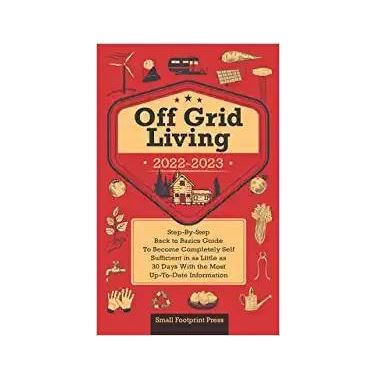
Useful Book: Off Grid Living 2022-2021 – This incredible step by step guide is a great read and gives you useful information about reaching self-sufficiency in just 30 days. Get the paperback on Amazon or read it free with a Kindle Unlimited subscription or listen to the audio version with Audible Plus membership.
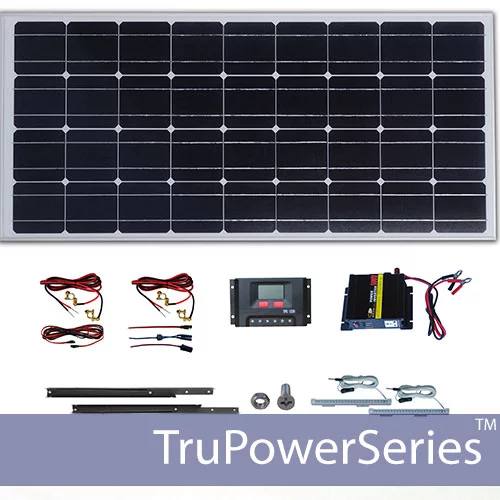
Small Solar Panel Systems: Silicon Solar – This is an excellent company that offers lots of products to get you started on your solar journey. Visit Silicon Solar.
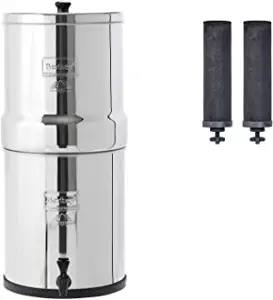
Family Water Filter: Big Berkey – For a fast, affordable water filter with no plumbing required, you can’t beat a Big Berkey gravity-fed filter like this one from Amazon.
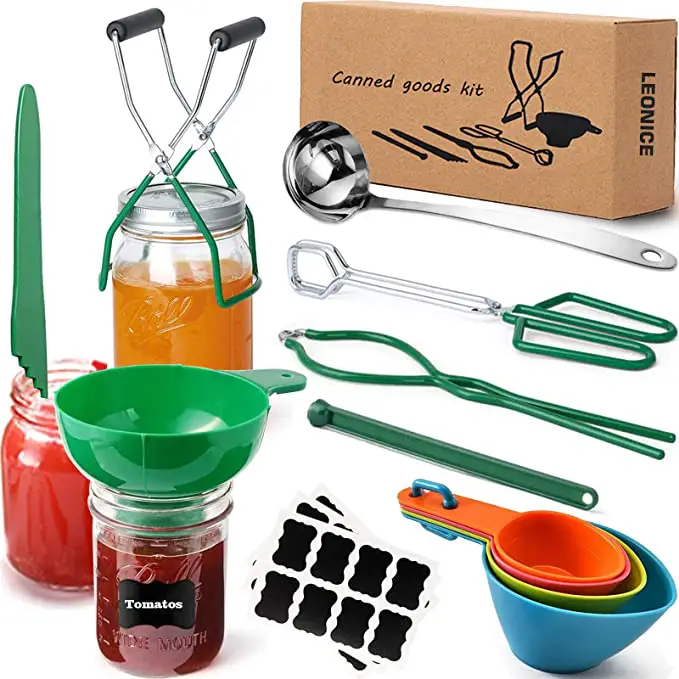
Canning Equipment – This canning starter kit, 22-quart Barton pressure canner and twelve-pack of Ball 16oz mason jars will help you preserve food as you work towards self-sufficiency.
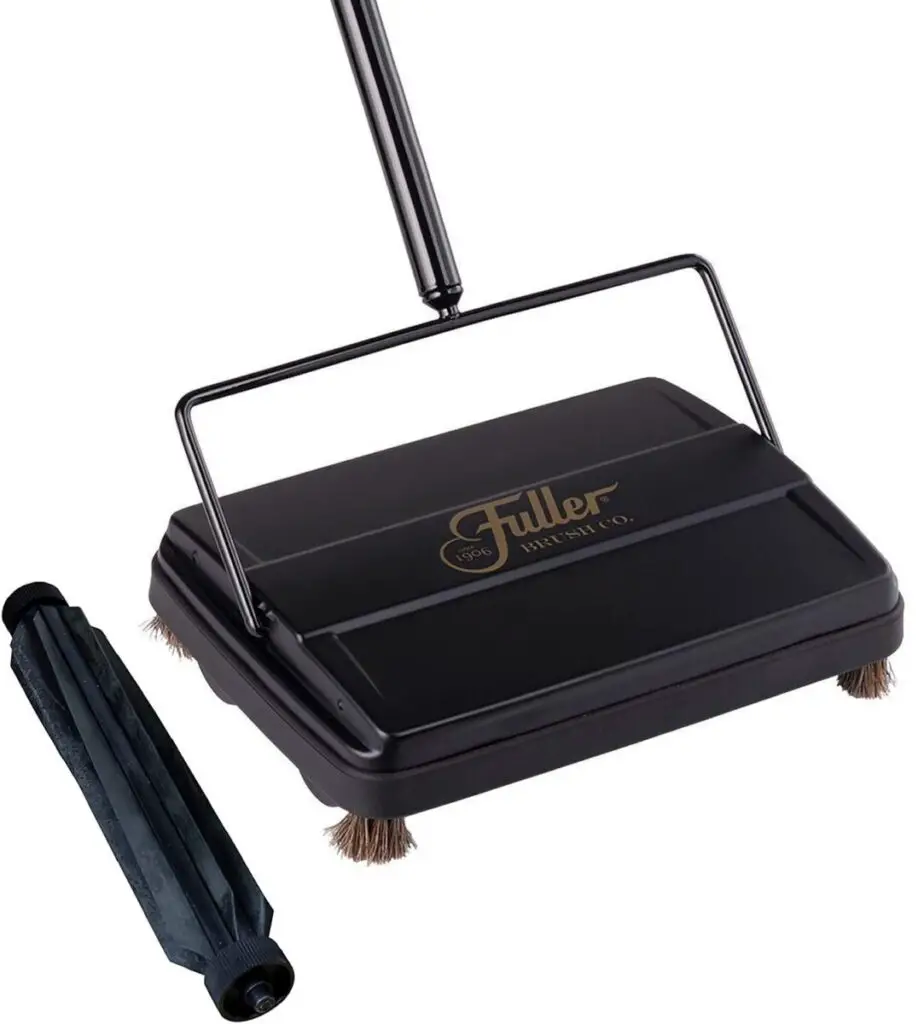
Cleaning: Fuller Carpet Sweeper –. This carpet sweeper is an ideal way to keep your home clean without using up your energy stores on vacuuming.

Handy Knife: Gerber Serrated Paraframe – This handy all-purpose knife is lightweight and ideal for all those little jobs around your home and garden.


